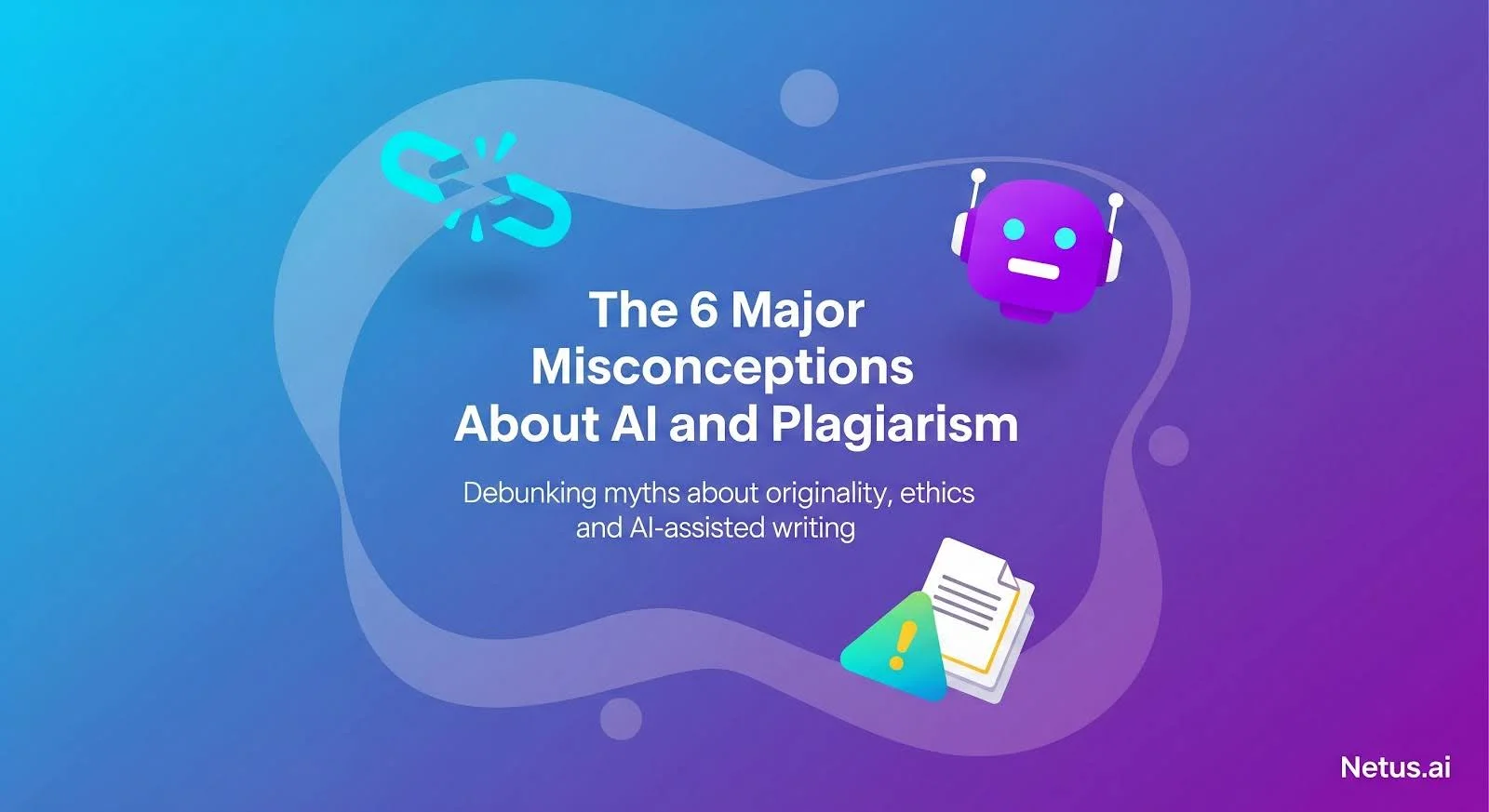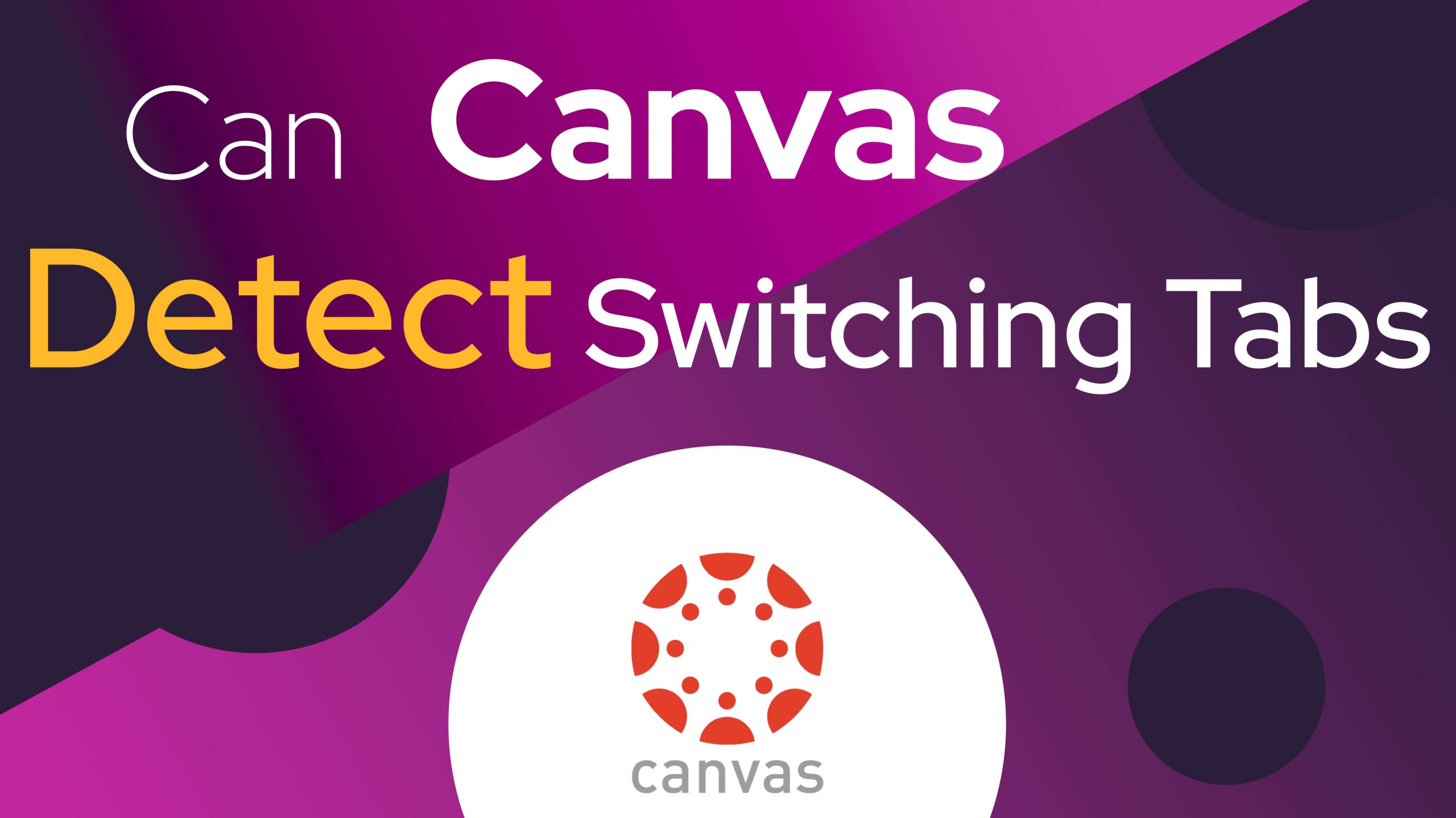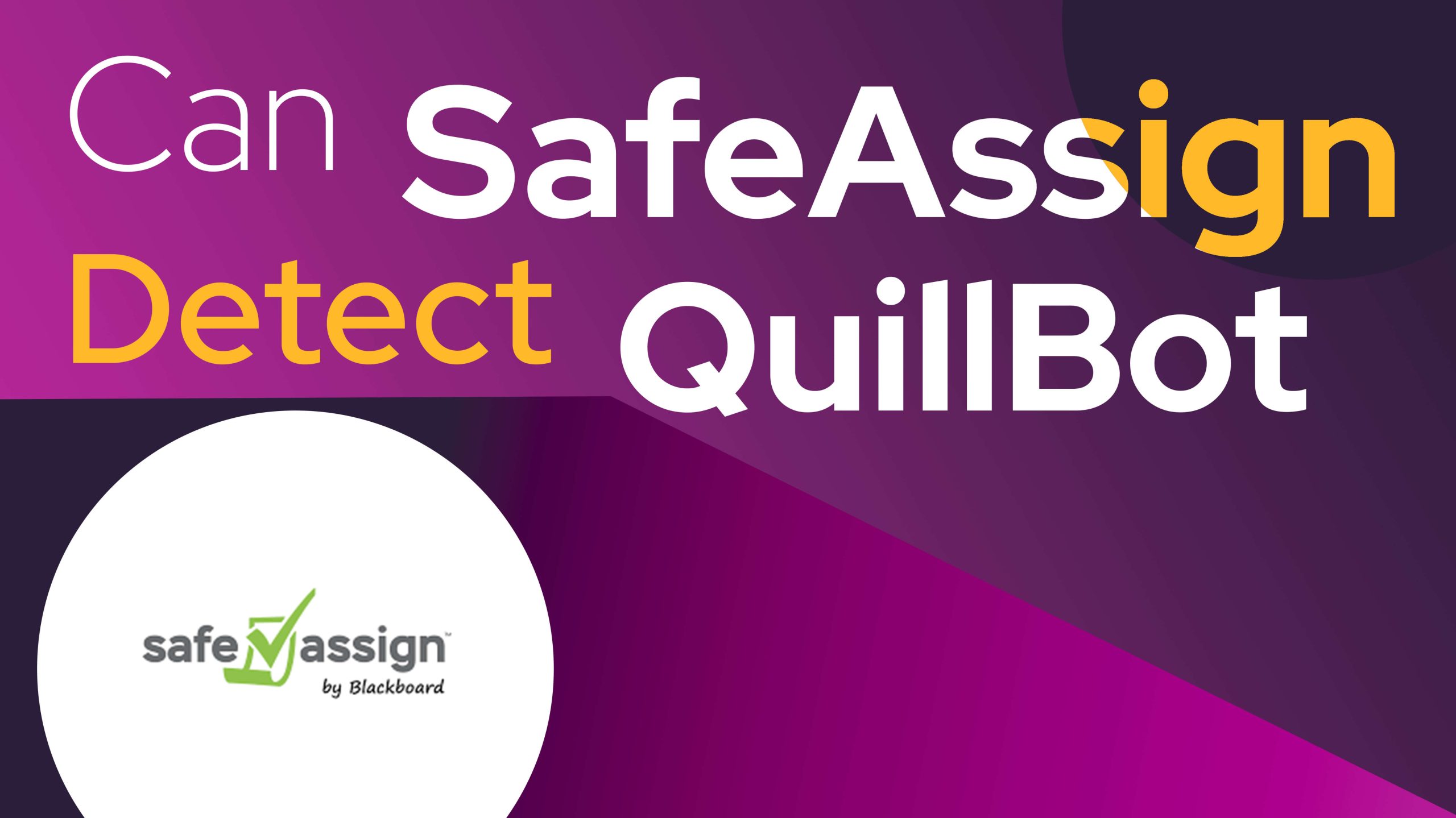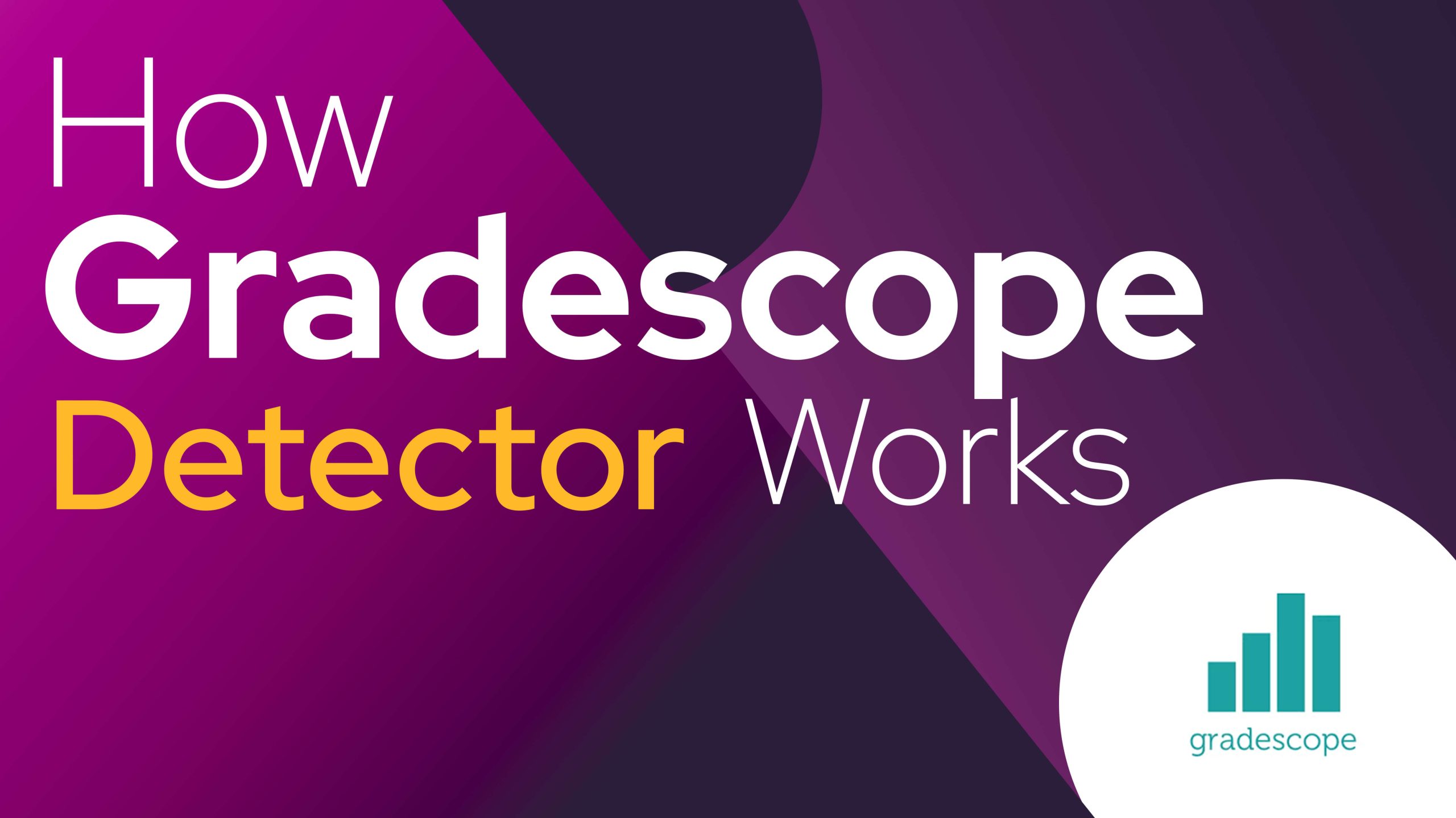Regarding AI and plagiarism, numerous myths, misconceptions and assumptions are circulating. Let’s distinguish between fact and fiction.
Explore seven prevalent myths concerning AI and plagiarism.Explore AI content plagiarism, detector efficacy and other related topics.
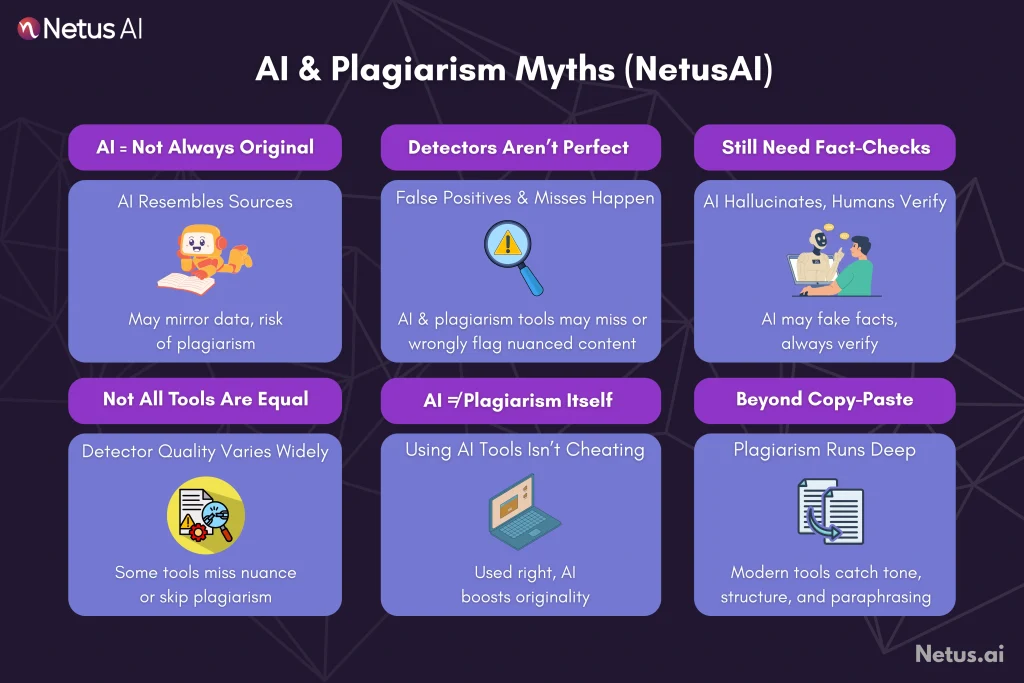
Myth #1: AI-generated content and plagiarism
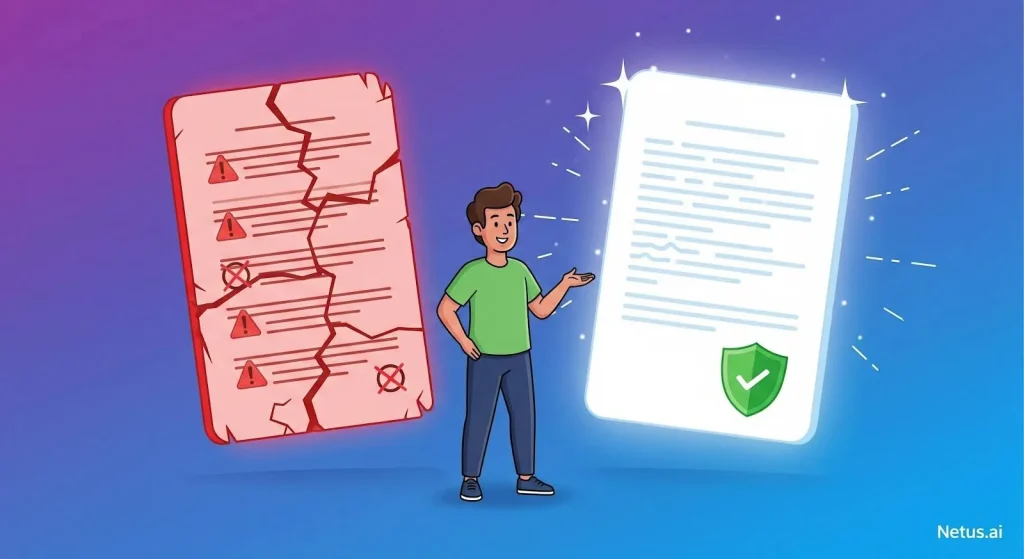
A widespread misconception regarding AI and plagiarism is the belief that AI-generated content cannot be plagiarized. This myth suggests that content created by tools such as ChatGPT can be freely copied and pasted without consequence.
Although AI-generated content isn’t direct plagiarism, AI draws from its extensive training data to produce text. AI output may closely resemble existing works, not due to plagiarism but from re-presenting information from its training.
This situation can result in unintended plagiarism, particularly if the generated material lacks proper references or citations.
Myth #2: AI and plagiarism detectors aren’t perfect
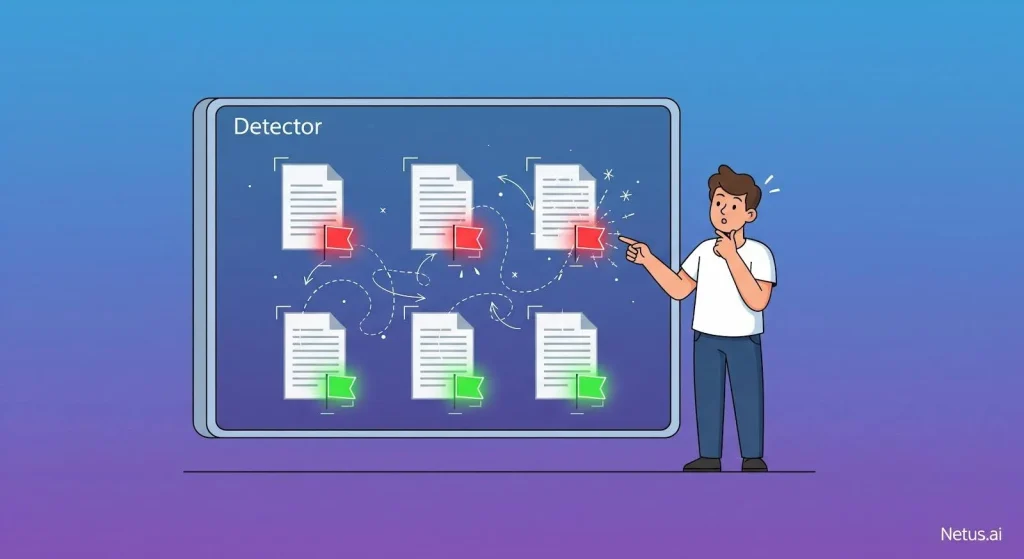
AI and plagiarism detection tools are becoming increasingly powerful and sophisticated as they continue to develop.
Even though AI and plagiarism detectors are getting better, they’re not perfect. For example, some might still miss subtle plagiarism like clever paraphrasing.
- Rarely, AI plagiarism detectors may also produce false positives, incorrectly flagging content as plagiarized.
- Moreover, AI can produce false negatives, failing to detect instances where the text is, in fact, plagiarized.
Review plagiarism instances and confirm citations for streamlined editing.
Myth #3: AI can’t replace fact-checking
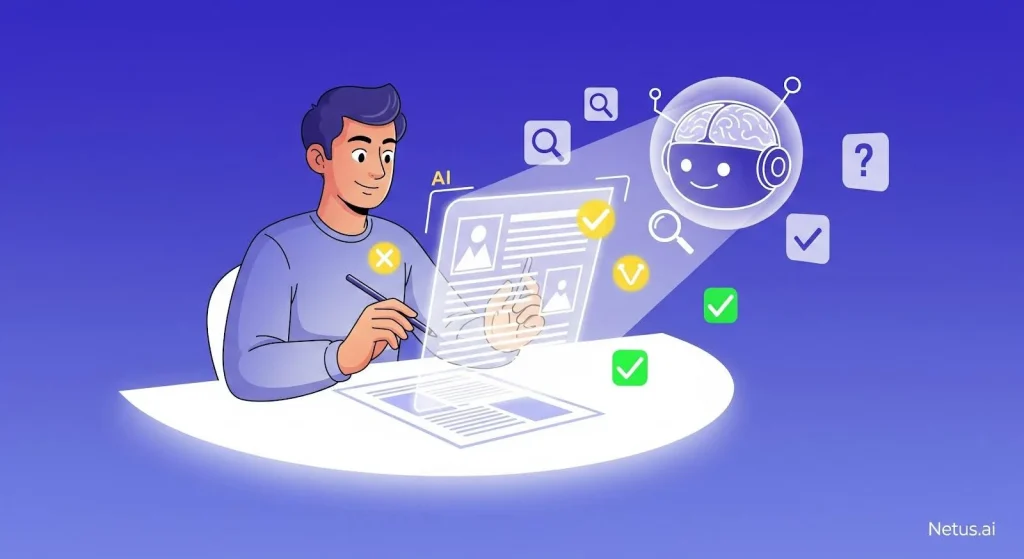
AI’s intelligence is undeniable but it’s fundamentally limited to its training. This reinforces the idea that, despite advanced technology, AI isn’t perfect, as highlighted by Myth #2. Therefore, AI tools cannot substitute human fact-checking.
The ability of AI to “hallucinate” or fabricate facts on the fly makes fact-checking critically important. Employing a fact-checker helps to pinpoint and flag information that requires additional human scrutiny.
Integrate fact-checking and plagiarism detection for accurate, properly cited articles.
Myth #4: Not all plagiarism detectors are created equal
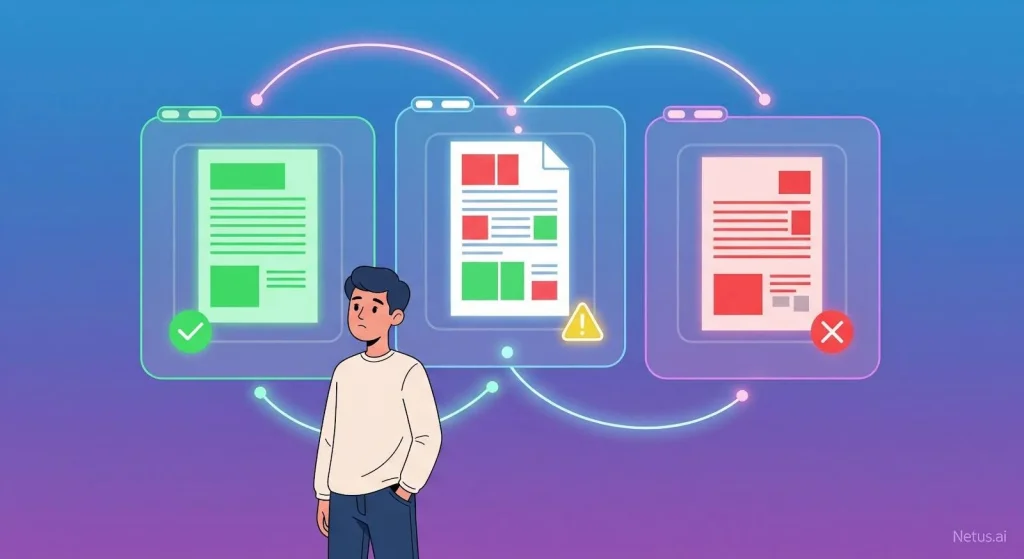
The effectiveness and fundamental features of AI plagiarism detectors vary significantly. Their accuracy is largely determined by their training data, the algorithms they employ and the frequency of their updates.
Not all AI detection tools include plagiarism detection; therefore, careful product review is essential.
Myth #5: AI writing assistance constitutes plagiarism
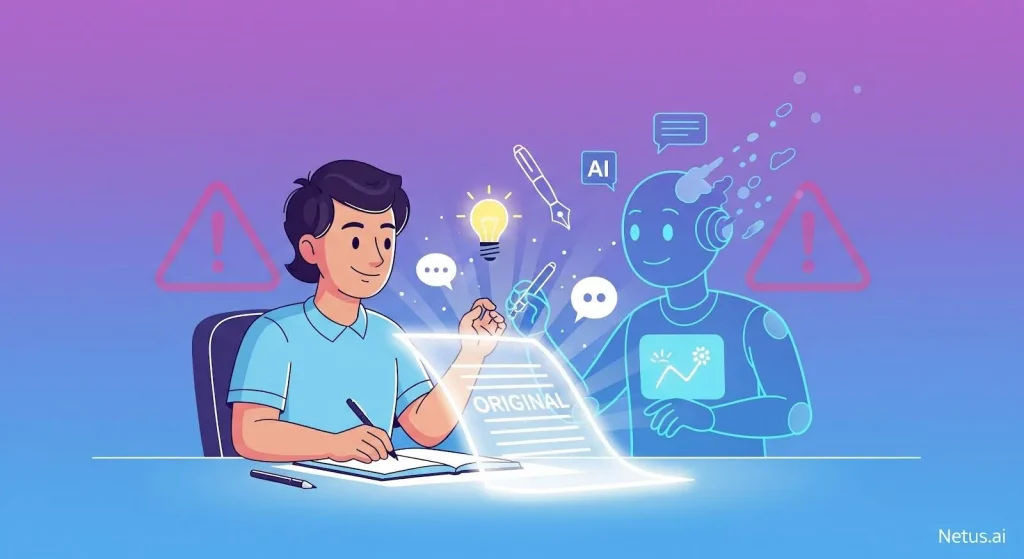
Is the use of an AI writing tool considered plagiarism?
- Academic writers should consult their institution’s AI usage policies.
- For business writing, consult company guidelines or policies.
Generally, utilizing AI tools for writing or editing assistance is not considered plagiarism or cheating.
AI tools are widely adopted by writers, journalists, content creators and students. These tools streamline content ideation, enhance language and increase productivity by creating frameworks like content briefs or outlines.
AI is a tool, like a computer, as long as the user’s final product is original. If AI contributed to the research, transparency and proper attribution of it as a source are always recommended.
Myth #6: Plagiarism checkers: more than just direct copying and pasting
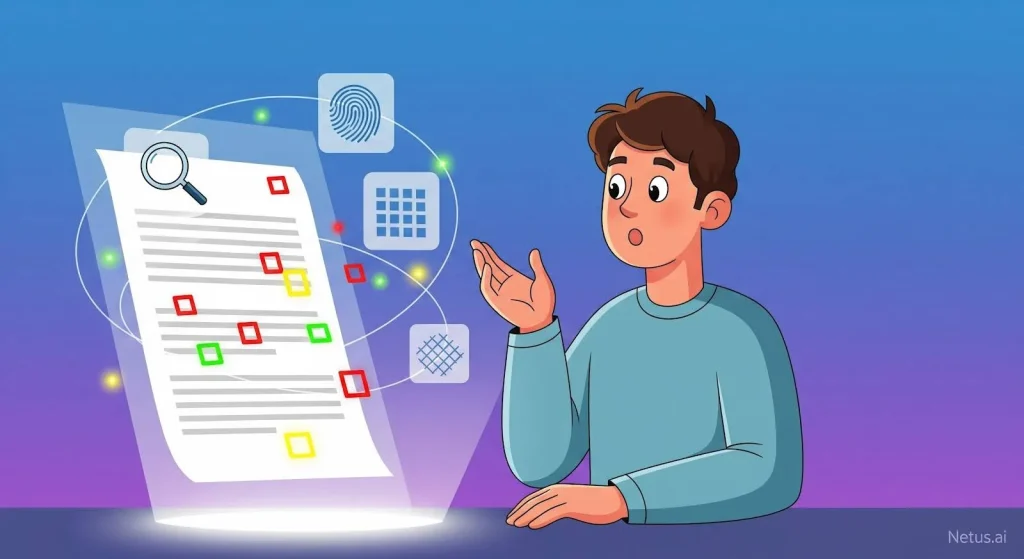
A lot of people mistakenly think plagiarism checkers only catch direct copying. This is probably because older tools mainly looked for exact keyword matches.
Modern plagiarism detection tools have significantly advanced beyond earlier versions. They can now identify subtle and complex plagiarism, including idea theft, structural similarities and paraphrasing.
Modern plagiarism checkers, some even rocking AI, use super-smart algorithms to spot all sorts of content copying. They get the gist of context, meaning, style and word choices to do their thing.
How can NetusAI help?
NetusAI offers advanced solutions to address the complexities of AI-generated content and plagiarism. Its tools are designed to help users create original work and navigate the landscape of AI detection.
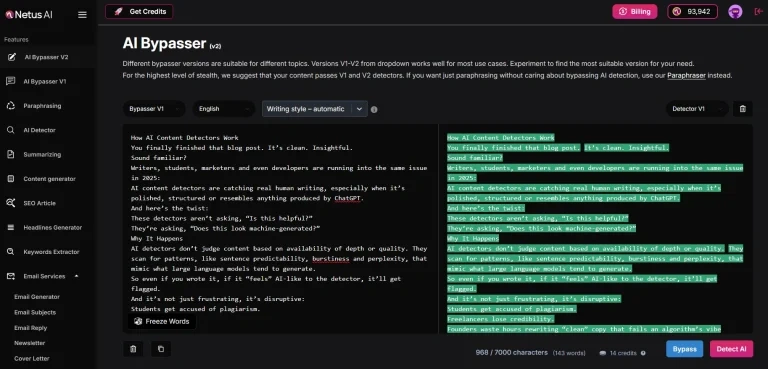
- AI bypasser: NetusAI’s AI bypasser transforms AI-generated text into human-like content, evading AI detection. This is useful for users who leverage AI for initial drafts but require human-sounding final output.
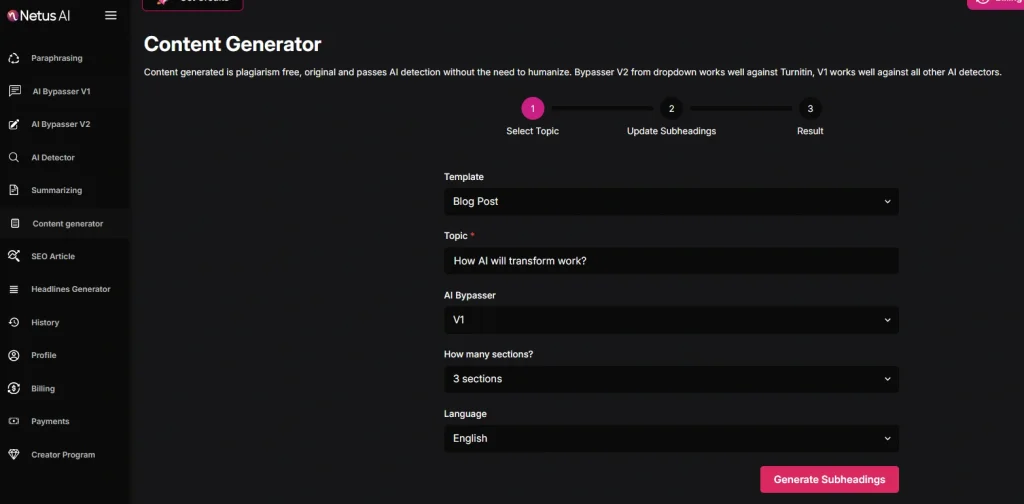
- Plagiarism-free content generator: NetusAI’s content generator aims to produce original and unique content. This tool helps users avoid accidental plagiarism by generating new perspectives and phrasing.
It enables writers, students and professionals to ensure their work is original, thereby upholding academic integrity and professional credibility.
NetusAI allows users to leverage AI for content creation while simultaneously reducing the risks of plagiarism and AI detection. This ensures all work remains authentic and correctly attributed.
Final thoughts
AI is a powerful assistant for ideation, drafting and content enhancement. However, creators remain responsible for ensuring originality and proper attribution; AI does not absolve them of this duty. AI can generate outputs similar to existing works, requiring human review and fact-checking.
Furthermore, the effectiveness of plagiarism and AI detection tools varies significantly. Users should be discerning when selecting these tools and understand their limitations.
The ultimate aim is to utilize AI’s advantages while maintaining academic integrity and professional ethics.
This ensures that the final product is authentic, accurate and correctly cited. Tools like NetusAI aim to bridge this gap, offering solutions that promote original content creation while utilizing AI’s potential.
FAQs
Is AI-generated content considered plagiarism?
While AI-generated content isn’t direct plagiarism, it draws from vast training data. Output may closely match existing material, risking unintentional plagiarism if not cited.
How accurate are AI and plagiarism detection tools?
AI and plagiarism detectors are improving but aren’t perfect, occasionally missing plagiarism or producing false positives/negatives.
Can AI replace human fact-checking?
No, AI tools cannot substitute human fact-checking. AI’s capacity for “hallucination” and factual fabrication necessitates human oversight to identify and flag information requiring accuracy verification.
Are all plagiarism detectors equally effective?
No, the effectiveness and features of AI plagiarism detectors vary significantly. Their accuracy depends on their training data, algorithms and update frequency. Some tools offer combined AI and plagiarism detection, while others do not.
Is using AI writing assistance considered plagiarism?
AI writing/editing tools aren’t plagiarism if the final output is original. However, academic institutions and companies may have specific policies on AI usage that should be consulted. If AI contributed to research, transparency and proper attribution are recommended.
Do plagiarism checkers only detect direct copying?
No, modern plagiarism detection tools have advanced beyond just looking for exact keyword matches. AI can detect intricate forms of plagiarism, such as idea theft, structural similarities and paraphrasing. It accomplishes this by comprehending the context, meaning, style and specific word choices used in the text.
What is NetusAI’s AI Bypasser?
NetusAI’s AI Bypasser modifies AI-generated text to appear human-written, evading standard AI detection.
How does NetusAI help create plagiarism-free content?
NetusAI provides a content generator that helps users steer clear of accidental plagiarism. It achieves this by creating original and unique content, offering new perspectives and phrasing.
How does NetusAI combine its features to help users?
NetusAI offers an AI Bypasser and Plagiarism-Free Content Generator. AI tools help users create original content, reducing plagiarism and AI detection risks.
What role does transparency play when using AI for research?
Transparency and proper attribution of AI as a source are always recommended if AI contributed to research, ensuring academic integrity and professional ethics.
What should users consider when selecting AI and plagiarism detection tools?
When choosing AI tools, users must be selective. It’s crucial to assess their training data, algorithms and update frequency. Users should also recognize the tools’ limitations, including the possibility of false positives or negatives.
Is it acceptable to use AI for initial drafts of content?
Yes, AI is a powerful assistant for ideation, drafting and content enhancement. However, users remain responsible for ensuring originality and proper attribution in the final product.
How does NetusAI help ensure authenticity in content creation?
NetusAI provides tools designed to enhance content originality and bypass AI detection. NetusAI offers an AI Bypasser to humanize AI text and a Plagiarism-Free Content Generator for unique material. These tools help users utilize AI, minimize plagiarism and ensure authenticity and proper attribution.

